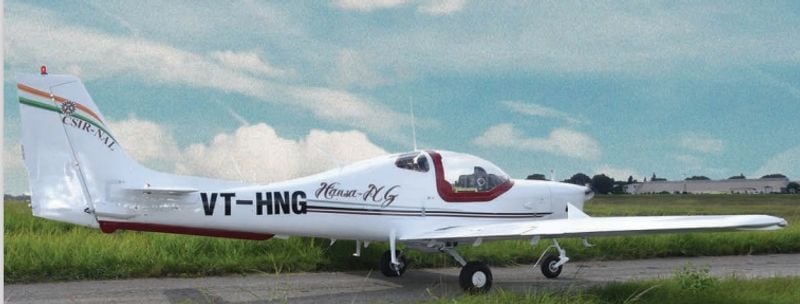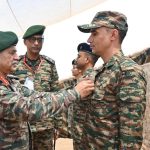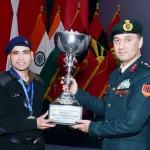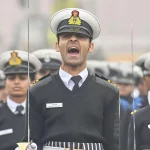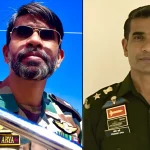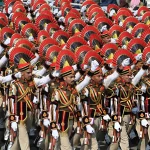India has officially begun the development of the Electric Hansa (E-Hansa), a next-generation two-seater electric trainer aircraft, marking a significant step towards green aviation and indigenous aerospace innovation. The announcement was made by Dr. Jitendra Singh, Union Minister of State (Independent Charge) for Science and Technology, during a high-level review meeting with science department secretaries.
E-Hansa, being developed by the National Aerospace Laboratories (NAL), a CSIR institute in Bengaluru, will cost approximately Rs 2 crore—about half the price of similar imported trainer aircraft. The aircraft is part of the larger HANSA-3 (NG) program aimed at offering cost-effective, homegrown options for pilot training and reducing reliance on foreign platforms.
Dr. Singh highlighted the project’s alignment with India’s clean energy goals, noting that E-Hansa represents a vital advancement toward sustainable aviation. He stressed the importance of accelerating technology commercialization and fostering early public-private partnerships. To this end, the National Research Development Corporation (NRDC) was directed to adopt models similar to DBT-BIRAC and IN-SPACe to facilitate effective technology transfer and private sector engagement.
The Minister also proposed a hub-and-spoke model for public-private partnerships, driven by AI-based technology and intellectual property exchange platforms. Regional National Technology Transfer Offices (NTTOs) will be established to broaden sectoral and geographic outreach. Dr. Singh emphasized the need for standardized tech transfer protocols and easier business processes to encourage investment in Indian R&D under the ethos of “Vasudhaiva Kutumbakam.”
Praising ISRO’s achievements, Dr. Singh commended the success of the SPADEX mission, which tested docking and undocking capabilities crucial for the Gaganyaan human spaceflight. He also lauded ISRO’s contribution to Operation Sindoor and ongoing collaborations with 40 Union Ministries and 28 States. He revealed that Group Captain Subhash Shukla’s scheduled visit to the International Space Station will include seven microgravity experiments, further elevating India’s global space credentials.
In alignment with Prime Minister Narendra Modi’s ‘Viksit Bharat’ vision, Dr. Singh announced the organization of region-wise Chintan Shivirs under a “Whole of Science, Whole of Government” approach. These events will promote cross-departmental collaboration between DST, DBT, CSIR, ISRO, Earth Sciences, and Atomic Energy institutions.
To support global collaboration, Dr. Singh mentioned ongoing discussions with countries like Switzerland and Italy to set up bilateral science cooperation centres, akin to Indo-French and Indo-German science hubs. He also proposed a “Global Science Talent Bridge” to attract top international researchers to India.
Dr. Singh addressed the temporary pause in public access to CSIR labs due to security concerns, assuring that the initiative will resume shortly given the enthusiastic response from students following the Prime Minister’s announcement in Mann Ki Baat.
The meeting was attended by top science administrators including Prof. Ajay Kumar Sood, Principal Scientific Advisor; Dr. N. Kalaiselvi, DG CSIR; Dr. V. Narayanan, Chairman ISRO; Dr. Abhay Karandikar, Secretary DST; Dr. Rajesh Gokhale, Secretary DBT; Dr. M. Ravichandran, Secretary Earth Sciences; Dr. M. Mohapatra, DG IMD; and Commodore Amit Rastogi (Retd), CMD NRDC, among other senior officials from the Department of Atomic Energy.

